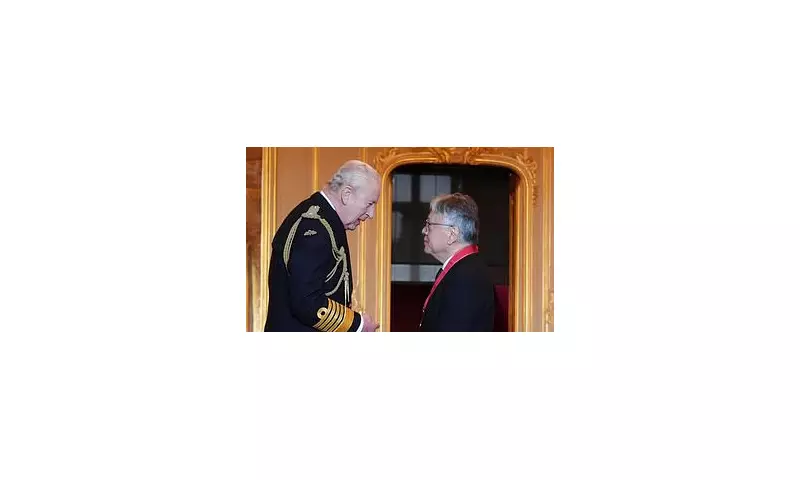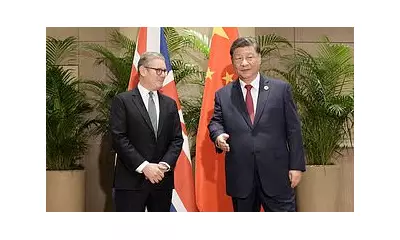
In a remarkable meeting that bridged the worlds of literature and royalty, King Charles III and Nobel Prize-winning author Kazuo Ishiguro have joined forces to voice profound concerns about the rapid advancement of artificial intelligence.
A Royal Warning on Technological Threats
The private audience at Buckingham Palace saw both figures express what sources describe as "genuine alarm" about AI's potential to undermine creative professions and human creativity itself. The King, long known for his environmental advocacy, appears to be expanding his focus to include technological threats to human culture and employment.
Protecting Human Creativity
Ishiguro, whose masterpiece The Remains of the Day earned him the Booker Prize, shared his fears that AI could devastate creative industries. "He's genuinely alarmed," revealed a palace insider, noting the author's concern that artificial intelligence might "do away with creative professions altogether."
The 70-year-old literary giant, knighted in 2018 for services to literature, has become increasingly vocal about the existential threat posed by unchecked AI development to artists, writers, and musicians.
Monarch's Growing Tech Concerns
King Charles, who has previously warned about social media's dangers, appears to be developing a significant interest in technology regulation. His meeting with Ishiguro suggests the monarch is deeply engaged with one of the most pressing issues of our time.
The discussion reportedly touched upon the need for robust regulatory frameworks to protect creative workers and ensure AI serves humanity rather than displacing it.
Historical Context and Future Implications
This isn't the first time the King has engaged with leading literary figures about societal concerns. However, the specific focus on artificial intelligence marks a significant development in his public engagements since ascending the throne.
The meeting comes at a crucial time, as governments worldwide grapple with how to regulate rapidly evolving AI technologies while balancing innovation with protection of human workers.
Both men's concerns reflect growing anxiety among creative professionals about AI's ability to generate text, images, and music that could potentially replace human creators.
The Buckingham Palace discussion may signal the beginning of more prominent royal engagement with technology policy, potentially influencing the national conversation about AI's role in Britain's future.





